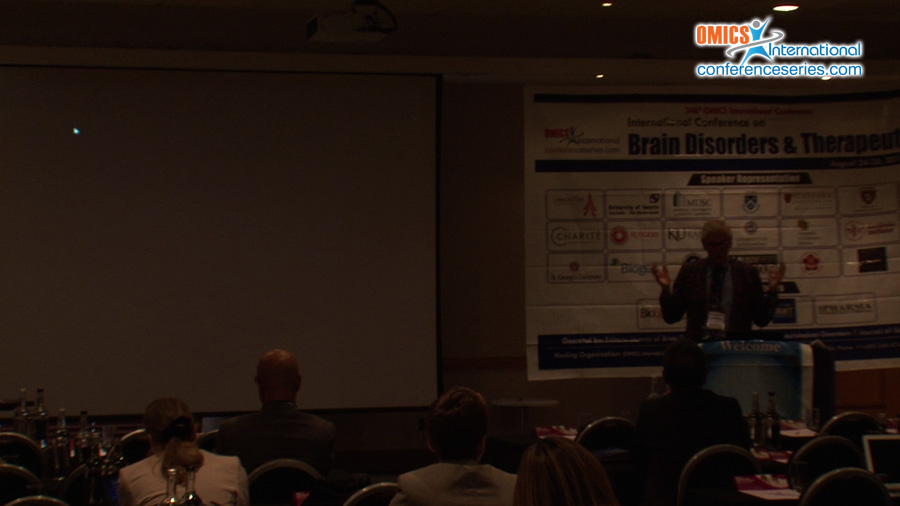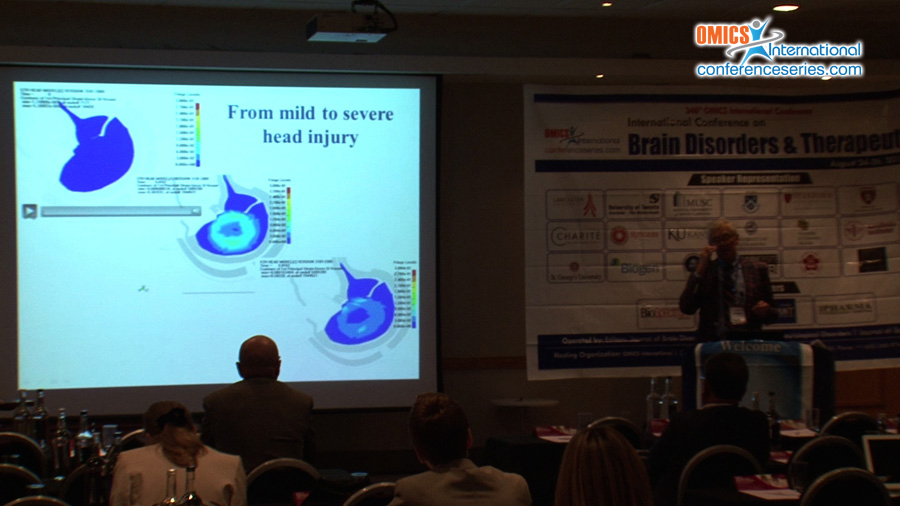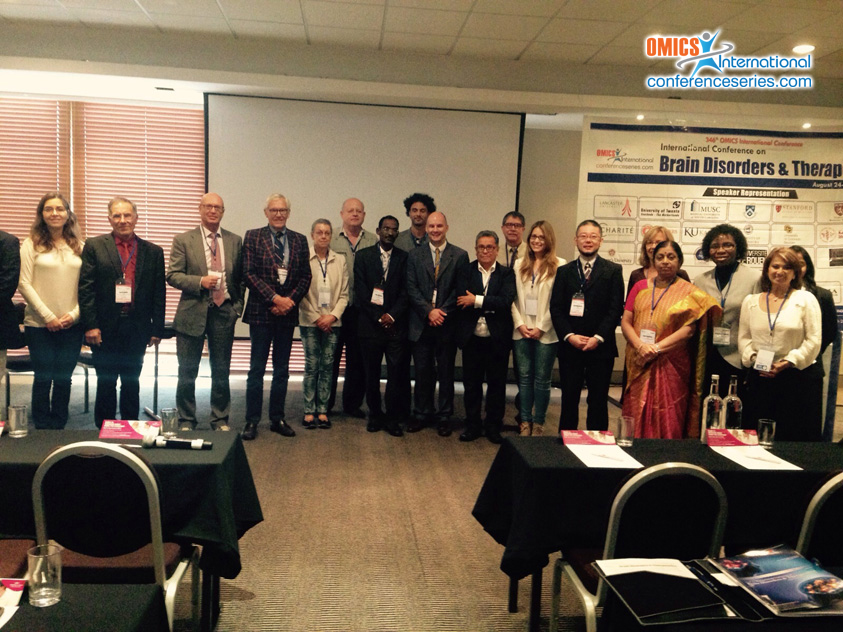
Hans Von Holst
Royal Institute of Technology ,Sweden
Title: Cytotoxic edema after traumatic brain injury - a new hypothesis to its etiology
Biography
Biography: Hans Von Holst
Abstract
Cytotoxic brain tissue edema is a complicated secondary consequence of ischemic injury following traumatic brain injury and stroke. The pathophysiological mechanisms are known to some extent but far from completely. A hypothesis has been proposed where protein unfolding and perturbation of nucleotide structures participate in the development of cytotoxic edema. The hypothesis is based on an advanced computational simulation model of the human head where a simulation of a traumatic brain injury was performed. The consequences of kinetic energy transfer following an external dynamic impact were analyzed including the intracranial pressure (ICP), strain level, and their potential influences on the noncovalent and covalent bonds in folded protein structures. It was shown that although most of the transferred kinetic energy is absorbed in the skin and three bone layers. It was further discovered that a substantial amount of kinetic energy reached the the brain tissue in gray and white matter. Thus, the kinetic energy from a dynamic impact has the theoretical potential to interfere not only with noncovalent but also covalent bonds when high enough. The induced mechanical strain and pressure may further interfere with the proteins. Simultaneously, the noncovalent energy rich bonds in nucleotide adenosine-triphosphates may be perturbed as well. The subsequent attraction of increased water molecules into the unfolded protein structures and disruption of adenosine- triphosphate bonds could to some extent explain the etiology to cytotoxic edema. Based on the new hypothesis and knowledge it is realistic to change the neurosurgical treatment of today by using neuroengineering simulations already before a neurosurgical procedure is taking place. Further development of the innovative hypothesis makes it possible to open up for new drug and infusion treatment aiming at redicing the severe consequences of cytotoxic brain tissue edema.




